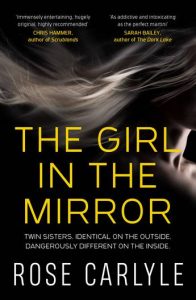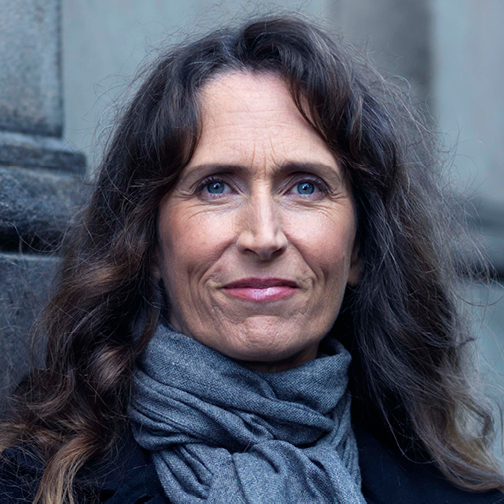A few years ago I met Chris Cleave at a writers’ forum in Auckland. He had just published Everyone Brave is Forgiven and had opened the forum with a beautiful speech about the power of fiction in the age of hate.
Sitting in the auditorium beside novelists Catherine Robertson and Vanda Symon, I felt like a fraud: “Yes, I’m a writer too. No, I haven’t published anything yet.”I found it hard to judge Cleave’s age, so I discreetly Googled him and was annoyed to learn he was two days younger than me. He had already published four novels. Couldn’t he have been two days older?
When I spotted Cleave standing alone outside the auditorium that afternoon, I couldn’t believe my luck. How had a famous author come to be left alone? Where was his entourage of publicists and minders to shield him from the paparazzi? I seized the moment and asked him to sign my copy of his book. I gushed that I was a writer too, but I had “just started”. He signed and, rather than brushing me off, engaged me in conversation. I was surprised that he treated my claim to be a writer as valid. “A novel’s a bit like a Rubik’s cube,” he said. “Everything has to fit together—the chapters, the scenes, the sentences—and when you fix one part, you have to take care not to mess the rest up.”
I muttered some starstruck nonsense that no doubt revealed just how new I was to this game. I went home wondering how I could ever make a novel fit together like a Rubik’s cube when I found it hard even to remember the whole story at once. The next day I deleted my latest draft and then sat and stared at the blank screen on my laptop. I was 43. I had left it all far, far too late. Giving up seemed the only sensible choice.
Yet I kept returning to that conversation. Why had Cleave behaved as though I was the author and he was the fan, lucky to spend a few minutes with me? He must be very gracious man, I thought.
Doubtless, he is, but it’s surprising how many other novelists show the same grace towards would-be authors. I’ve learned that publishers often ask established authors to read manuscripts and, if they like them, endorse them. The process must be impartial, so authors don’t get paid for their time. These busy, successful people read strangers’ unpublished novels for free. They also, out of pure generosity, promote them on social media and recommend them to booksellers.
 Now, I am a published author, too. I was 45 when I got my first book deal, not the youngest author but not the oldest either. I’ve discovered how busy life after publication is, so I’m even more impressed that successful authors give so freely of their time, but I have started to understand why they are so generous. When you start writing, published authors seem like a different species. They get applause, you get sideways looks and eye-rolls. But the truth is every single published author started life as an unpublished author. Every author, no matter how famous, was once a dreamer, sitting staring at a blank screen or page. We have all experienced fatigue, self-doubt, and discouragement. So if this is you right now, and if you are finding it lonely and hard, remember, every author has been where you are. The thing that got them from here to there is simple: they didn’t make the sensible choice and give up. They kept writing.
Now, I am a published author, too. I was 45 when I got my first book deal, not the youngest author but not the oldest either. I’ve discovered how busy life after publication is, so I’m even more impressed that successful authors give so freely of their time, but I have started to understand why they are so generous. When you start writing, published authors seem like a different species. They get applause, you get sideways looks and eye-rolls. But the truth is every single published author started life as an unpublished author. Every author, no matter how famous, was once a dreamer, sitting staring at a blank screen or page. We have all experienced fatigue, self-doubt, and discouragement. So if this is you right now, and if you are finding it lonely and hard, remember, every author has been where you are. The thing that got them from here to there is simple: they didn’t make the sensible choice and give up. They kept writing.
Rose Carlyle’s debut novel is The Girl in The Mirror (Allen & Unwin).
Rose was a panelist on Twisted Sisters, Sisters in Crime’s October event. Click HERE to view.
